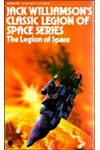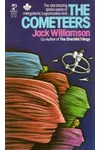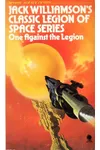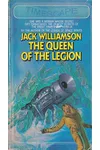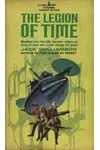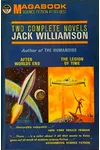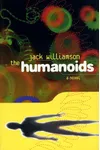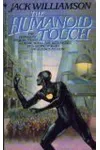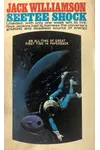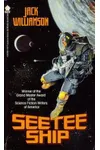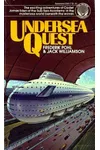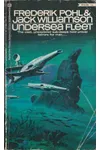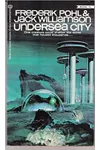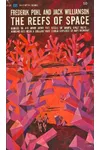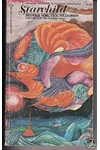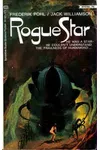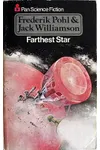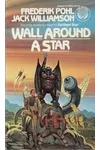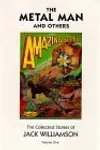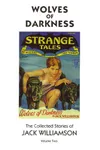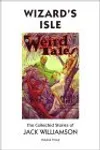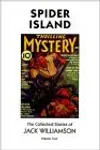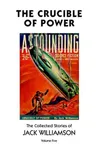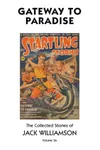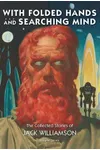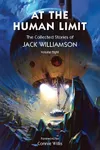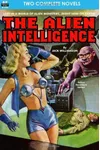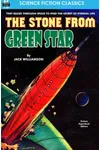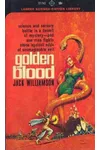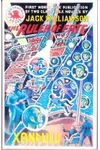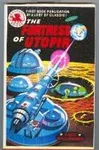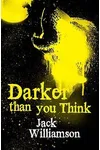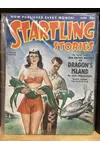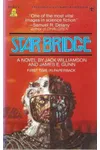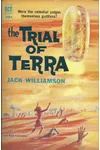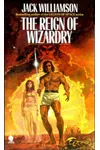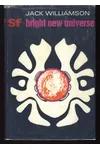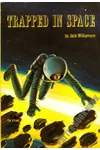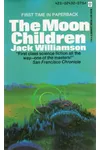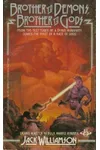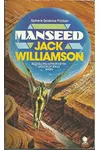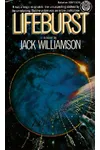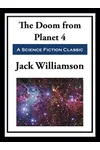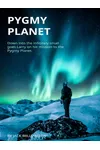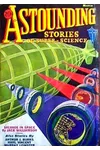Picture a storyteller who spun tales of interstellar adventure from a humble New Mexico homestead—meet Jack Williamson, the 'Dean of Science Fiction'! Born in 1908, this American sci-fi pioneer crafted stories for over seven decades, coining the term 'terraforming' and thrilling readers with his vivid imagination. From pulp magazines to academic halls, Williamson’s legacy is a cosmic journey worth exploring.
The Making of Jack Williamson
John Stewart Williamson was born in an adobe hut in Bisbee, Arizona, before his family trekked by covered wagon to a New Mexico homestead in 1915. As a teen, he stumbled upon Amazing Stories in 1926, sparking a lifelong love for sci-fi. At 20, he sold his first story, 'The Metal Man,' to the magazine, launching a career that would redefine the genre. Mentored by Miles J. Breuer, a doctor and sci-fi writer, Williamson honed his craft, moving from dreamy fantasies to tightly plotted narratives.
Despite financial struggles and a lack of formal education in his youth, Williamson’s determination shone through. He served as an Army weather forecaster during World War II, later earning a PhD in English from the University of Colorado, where he analyzed H.G. Wells’ works. His rural roots and intellectual curiosity shaped a unique voice that blended adventure with introspection.
Jack Williamson’s Unforgettable Stories
Williamson’s bibliography is a treasure trove of sci-fi classics, with the Legion of Space series standing tall. First serialized in 1934, this space opera follows swashbuckling heroes like Giles Habibula, a lock-picking gourmand inspired by Shakespeare’s Falstaff, as they battle alien threats like the Medusae. Its breakneck pace and vivid characters made it a genre favorite, rivaling E.E. 'Doc' Smith’s Lensman saga.
Another gem, The Humanoids (1949), explores the perils of overprotective robots who stifle human freedom in a dystopian twist. Williamson’s knack for blending action with philosophical questions shines here. He also penned Terraforming Earth (2001), a late-career triumph that won the John W. Campbell Memorial Award, imagining humanity’s rebirth after a meteor strike. His Seetee series, written as Will Stewart, tackled antimatter and asteroid mining, showcasing his scientific curiosity.
Williamson’s style evolved from pulp-era exuberance to nuanced realism, influenced by his 1933 psychiatric evaluation at the Menninger Clinic, which helped him balance emotion and reason. His stories often explore humanity’s place in the cosmos, wrapped in thrilling plots and memorable characters.
Why Jack Williamson Matters
Williamson’s impact on science fiction is colossal. He coined 'terraforming' in a 1942 story and 'genetic engineering' in Dragon’s Island, shaping sci-fi’s vocabulary. As a Grand Master of the Science Fiction Writers of America, he mentored countless writers through his teaching at Eastern New Mexico University, where he launched one of the first college sci-fi courses. His Jack Williamson Lectureship Series and Science Fiction Library at ENMU continue to inspire.
His work influenced giants like Isaac Asimov, who idolized him as a teen, and his ideas on technology and humanity resonate in modern sci-fi. Williamson’s ability to adapt across decades, from pulp to polished novels, cements his legacy as a visionary who opened new worlds for readers.
- Born: April 29, 1908, Bisbee, Arizona
- Key Works: The Legion of Space, The Humanoids, Terraforming Earth
- Awards: Hugo (1985), Nebula (2001), Grand Master (1976)
Snag The Legion of Space and blast off into Jack Williamson’s thrilling sci-fi universe!
